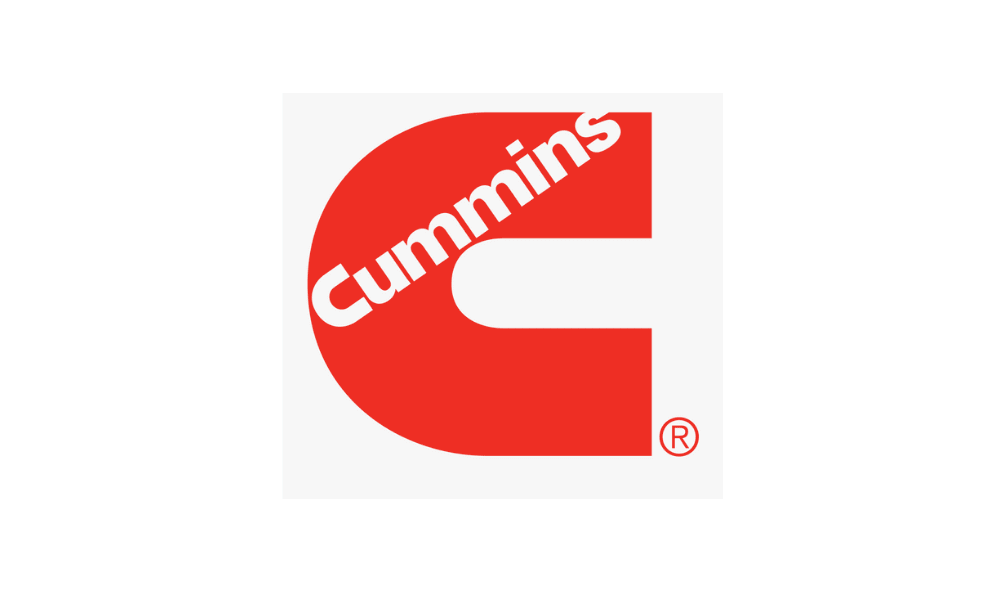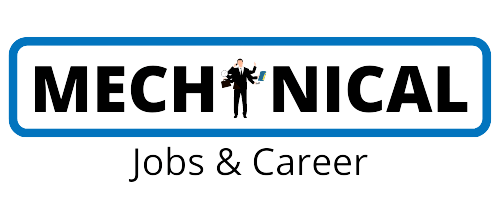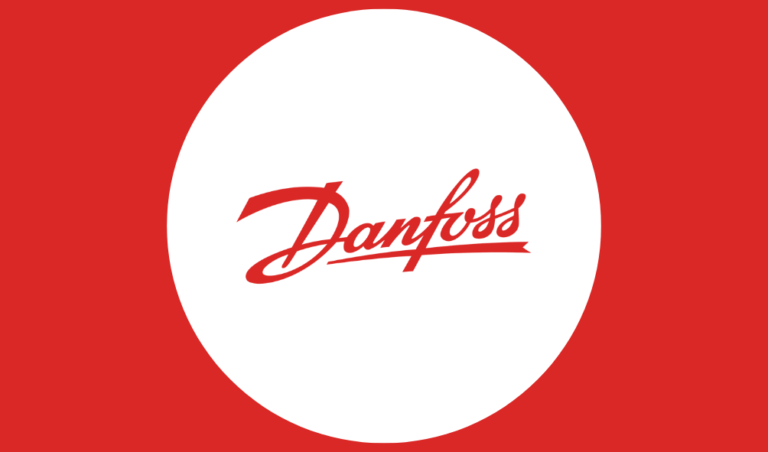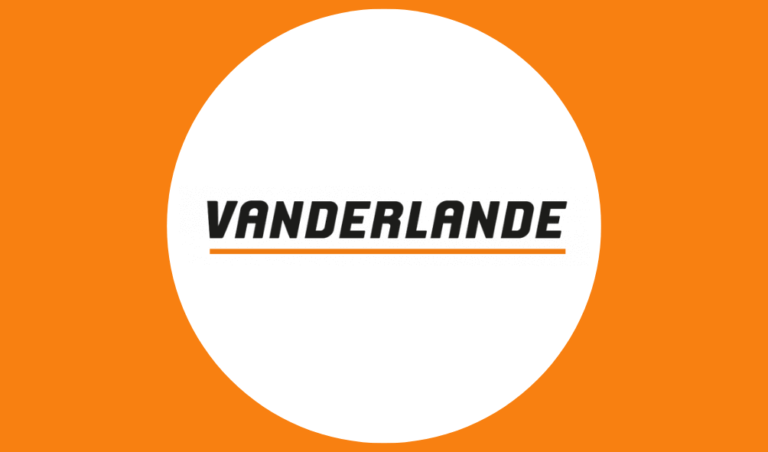Cummins Inc. is Hiring | Mechanical Systems Analytic Engineer |

Position – Mechanical Systems Analytic Engineer
Company – Cummins Inc.
Location – Pune, Maharashtra, IN
Job description
Our culture believes in POWERING YOUR POTENTIAL. We provide global opportunities to develop your career, make your community a better place, and work with today’s most innovative thinkers to solve the world’s toughest problems.
We believe in flexibility for you to explore your passions while making an impact through meaningful work within our inclusive workforce. That’s what #LifeAtCummins is all about.
Description
- This applied science position conducts numerical computations via third-party and in-house tools to determine the structural performance of components and systems. The results from the computer models are used to determine the validity of the design to meet the customer’s requirements. Design recommendations are then provided as needed.
- Investigate product and system problems, understand causal mechanisms, recommend appropriate action, own problem resolution and document results with guidance from more experienced team members
- The main focus is on the execution and improvement of established processes primarily documented in detailed local and global work instructions (EPs) that are required in Engineering Standard Work (ESW) and/or Design Validation Plans (DVP&R). This is accomplished through standard, as well as the development of specialized computational tools and methods that are required to support the Design and Validation processes and enable high-confidence decision-making.
- Obtains input from Design, Thermal Sciences, Materials, and Product Validation and delivers computer models and results for key structural performance parameters like motion, load, natural frequencies, stress, design margin, life, and sound power to Design and Product Validation.
- Uses formal training like Statics, Dynamics, Machine Design, Mechanics of Materials, Failure Analysis, Engineering Materials, and others along with tool-specific training (ANSYS, FE-Safe, GT, AVL) to make Design decisions based on numerical predictions of the structural performance of components and systems.
- Owns problem resolution for moderately complex components, products, systems, subsystems, or services with a greater degree of technical complexity and ambiguity over the entry-level engineer level and with greater accountability to the project team.
- Provides independent execution of established work processes and systems, while still developing technology or product knowledge; engages with the improvement of systems and processes.
- Involves minimal direct management of people, but could involve the coordination and direction of work amongst technicians and/or temporary student employees.
- Contributes effectively toward team goals, exhibits influence within a work group and continues to develop proficiency in the competency areas critical to success in the role.
Skills
- Applies Principles of Fatigue and Durability – Determines life of components and systems via numerical modeling and/or physical measurements; evaluates component temperatures, natural frequencies, mode shapes, displacements, strains/stresses, wear, and fatigue life to draw conclusions that influence design decisions with internal and external customers.
- Applies Principles of Noise and Acoustics – Determines the acoustic behavior of components and systems via numerical modeling and/or physical measurements; evaluates both air and structure-borne noise, sound power levels, sound quality, flexible body motion, and natural frequencies to draw conclusions that influence design decisions with internal and external customers.
- Applies Principles of Dynamics and Vibration – Determines motion of components and systems via numerical modeling and/or physical measurements; evaluates rigid and flexible body motion, natural frequencies, mode shapes, displacements, velocities, accelerations, friction, and wear to draw conclusions that influence design decisions with internal and external customers.
- Product Systems Modeling and Analysis – Impacts product design decisions to best meet stakeholder’s requirements through the utilization and interpretation of numerical tools and methods that predict the performance of a component or system.
- Systems Modeling and Simulation – Identifies representation of a system or system element by using suitable analytical tools and techniques in order to derive knowledge about the real system; defines the strategy for modeling, simulation, and analysis of a system or system element by considering specifics of a given situation or nature of the system of interest in order to derive insights for making quality decisions.
- Product Problem Solving – Solves product problems using a process that protects the customer; determines the assignable cause; implements robust, data-based solutions; and identifies the systemic root causes and recommended actions to prevent problem reoccurrence.
- Applies Principles of Statistical Methods – Analyzes technical data using descriptive statistics, probability distributions, graphical analysis, and statistical inference (population and sample, confidence intervals, and hypothesis testing); models relationships between response and independent variables using analysis of variance, regression, and design of experiments to make rigorous, data-based decisions.
- Decision quality – Making good and timely decisions that keep the organization moving forward.
- Drives results – Consistently achieving results, even under tough circumstances.
- Collaborates – Building partnerships and working collaboratively with others to meet shared objectives.
- Communicates effectively – Developing and delivering multi-mode communications that convey a clear understanding of the unique needs of different audiences.
- Self-development – Actively seeking new ways to grow and be challenged using both formal and informal development channels.
Education, Licenses, Certifications
- College, university, or equivalent Bachelor’s degree in Engineering or other relevant technical disciplines is required. Post-graduate (Master’s) degree relevant to this discipline area may be required for select roles.
- This position may require licensing for compliance with export controls or sanctions regulations.
Experience
Prior entry-level engineering equivalent work experience in a relevant discipline area is required. Preferred candidates would have a mix of experience using MS Office tools, Matlab, Python, APDL-ANSYS, FORTRAN or C programming, Windows/Linux operating systems, and desktop/remote high-performance computing hardware systems.
Please Apply Here By Clicking on the Below Button.
[su_button url=”https://cummins.jobs/pune-ind/mechanical-systems-analytic-engineer/8350B28153374E74A99E9D42C51AA6E3/job/?vs=1554″ target=”blank” background=”#0274be” size=”6″ center=”yes” radius=”5″ icon=”icon: share-square-o” text_shadow=”0px 0px 0px #0274be” desc=”*You will be redirected to company website.” id=”Apply now”]Apply Now[/su_button]












